revised common lectionary for Pentecost 10 (the texts relate to this post).
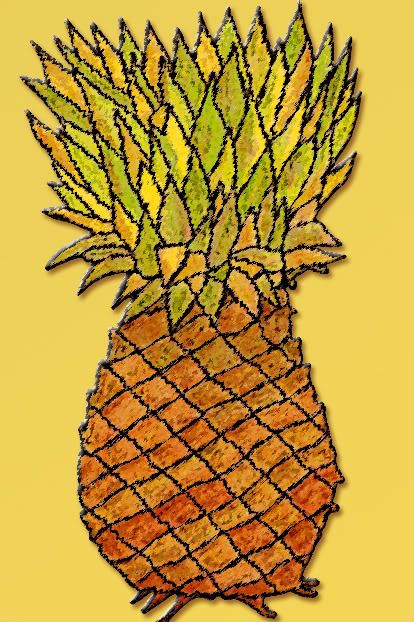
During the month of July I celebrated ten years of blogging, but this anniversary post begins with the previous summer, 03 July 2001, when I bought a pineapple and drew this picture of it. Pineapples are an historic symbol of hospitality, the type of welcome the people of God are supposed to offer. Very early September 2000 I'd returned to Paradise; I still was in adventure mode and unsure whether or not a possible job on the east coast would materialize for September.
During summer 2000 I'd started writing some again when I created an urban discussion space in the old defunct msn groups and around the same time started participating in the United Church of Christ online forums; writing was a way of making lemonade from bitter tart sour lemons, but I'm delighted I got back to it. In fact, I copied some of the early content of this blog from some of my posts on ucc.org, and most of the content from my msn city group now is on my urban blog,
preservation project.
The possible position didn't happen for September 2001 and after I'd finished a 2-semester long Community Economic Development graduate certificate in May 2002 and was wondering how to find related employment, I decided to start a weblog. Blogging was becoming the thing to do! This blog's actual blogoversary date was 16 July; at first I planned to write a post within the octave, but that got away from me… the Pentecost 10 lections for today are a good fit for what I'm saying, so it's timely, after all.
Last spring in a commencement speech posted online the speaker mentioned how very few of those talks tell the graduates how the people you journey with are what really will make your life and in many ways, will become your life. Again and over again, I've watched military homecomings; I've no doubt people are supposed to care for other people, to get attached to them, to miss them, to grieve when they are gone, to long for their return.
It isn't that meaning and purpose and people and participation make your life worthwhile; people, participation, purpose, and meaning
define life—they
are life! More than anything, no one expects to journey alone for such a long time. Decades of social isolation have made me strange to others and a stranger to myself; we truly know ourselves only vis-à-vis the mirrors of others.
Somehow I need to retrieve the life of service I prepared for, the life I've lost. Looking back over my years before Former City, how very true that it's not who you know, it's not what you know, but it's who knows you. My phone never started ringing again, either socially or professionally.
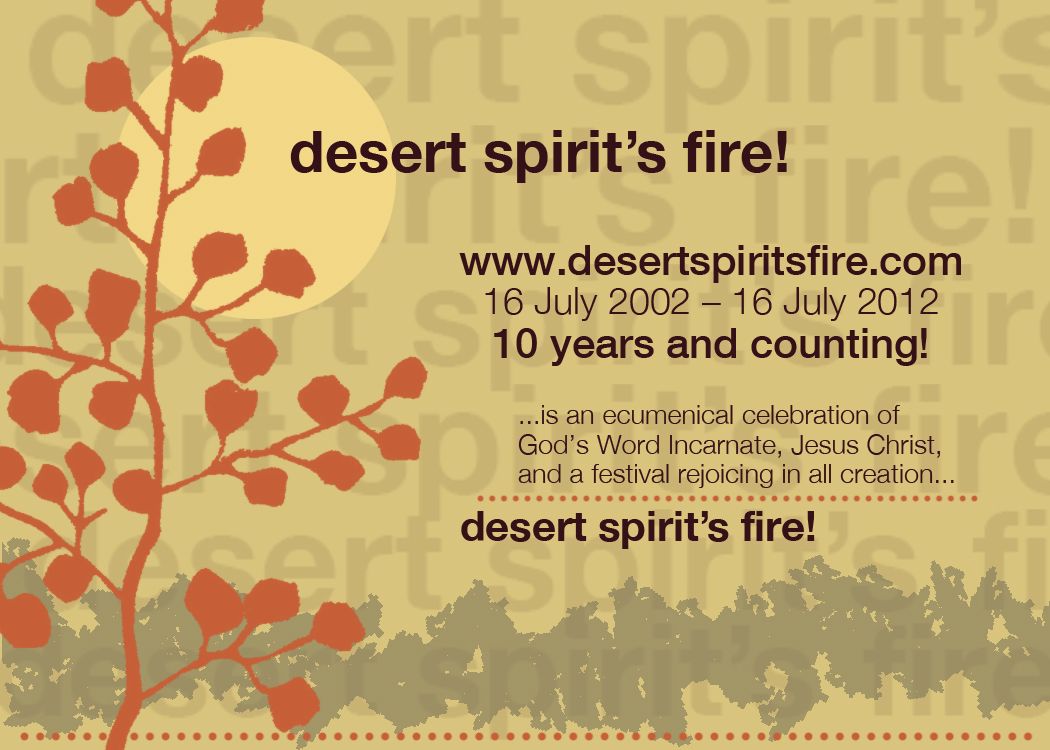
The Pauline and later the deutero-Pauline expectation was that the solitary, isolated, individual would become part of the gathered body of Christ and assume one of many differentiated roles and positions appropriate to their gifts and experience; the movement is not from solitary, isolated, individual to becoming part of an undifferentiated blob. A member of a committee I serve on expressed surprise that "among the homeless" social structure with roles, expectations, and positions naturally (and organically) happens. Of course! It's a lively and life-giving process and occurs without planning.
I've mentioned Cornel West's "dangling people," with no organic connection to community or to other individuals. With a couple of decades of stories finally starting to be written and then suddenly erased or gradually vacated, too many years without a persistent core of shared memories, of remember whens, the sacraments and the liturgy that connect me horizontally and vertically to the people of God in every place and time no longer are enough. Am I seeking something? Oh, yes! Looking to duplicate past specifics? Oh, no! From "Here In this Place / Gather Us In" by Marty Haugen:
See, in this space, our fears and our dreamings,
brought here to you in the light of this day.
Call to us now, and we shall awaken,
we shall arise at the sound of our name.
Here we will take the wine and the water,
here we will take the bread of new birth.
Here you shall call your sons and your daughters,
call us anew to be salt for the earth.
here in this place, the new light is shining;
now is the Kingdom, now is the day.
Did I mention today's pericopes being a good fit? They are, and we sang "Gather Us In" this morning, though I'd planned to include it in this blogoversary post before I realized that was happening!
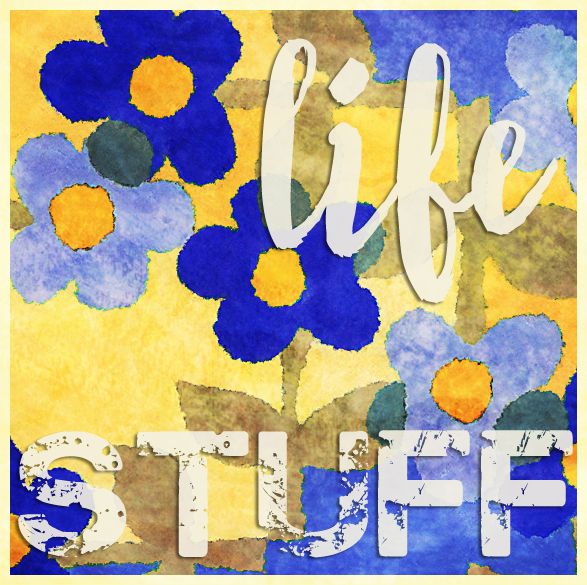
Life is about story! I've buried 1,000 pasts, made 1,002 new beginnings. Does life begin again, the story continue, when I pick myself up again, stand up again, and start moving? no.......... life begins again when someone responds to my invitation, begins to recognize me, invites me, I respond, and we enter each others stories. Telling stories of how we got here. first steps; roadblocks; events along the way; the fun the people friends meals lonelinesses disappointments eucharists
A eucharistic anamnesis: the covenant with abraham water from the rock manna from the sky the exodus from egypt olives pomegranates words of the prophets homecoming from exile a prophet like moses bread from heaven rivers of life tree of life taken blessed broken given remembering
Eleven years ago I had no reason to be concerned. My life had taken a huge hit, but I still was in adventure mode. What do I seek? To experience the hospitality the pineapple symbolizes.
Here's my number—so call me, maybe?!
 2. For a locale rather than a character, I love watching CSI Miami! It's a great show, but how fun to imagine myself in the non-crime, urban Miami settings.
2. For a locale rather than a character, I love watching CSI Miami! It's a great show, but how fun to imagine myself in the non-crime, urban Miami settings. 
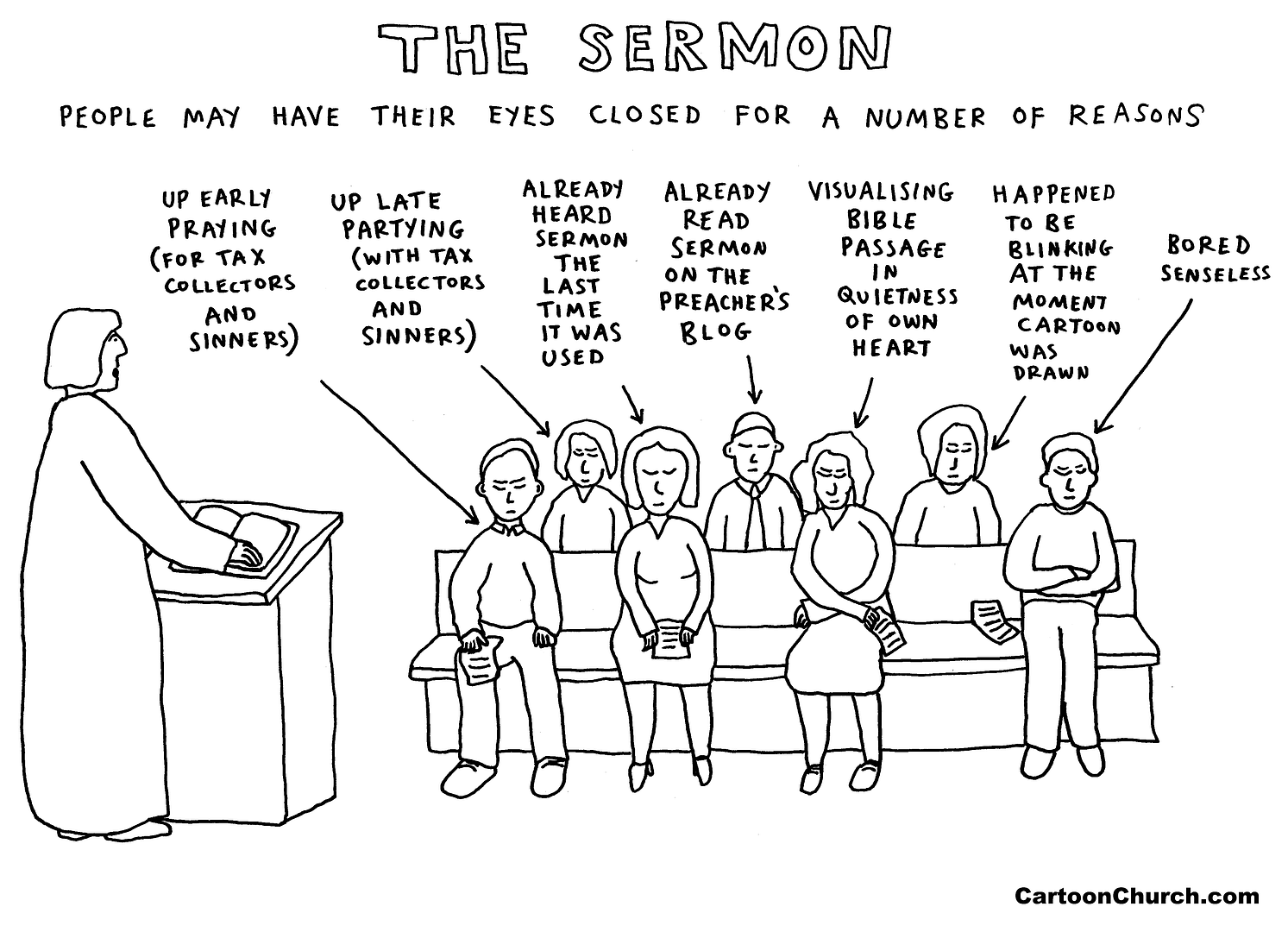
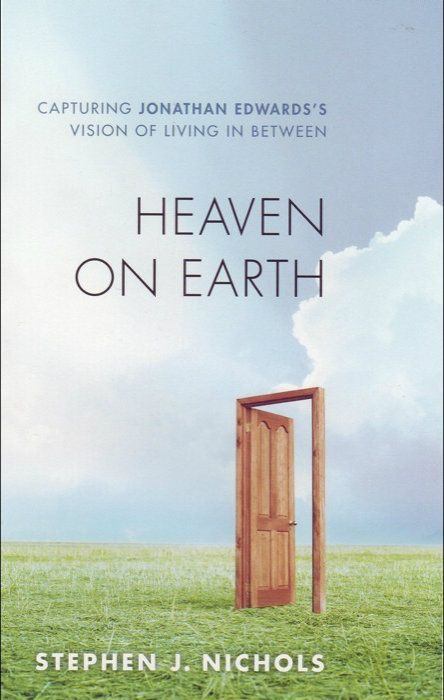 What a visually light, bright book, and how easy and pleasant it is to read! Author Stephen Nichols is well aware "Sinners in the Hands of an Angry God" is the Jonathan Edwards sermon most people know about, even if they don't know the content; scarily dour, strict, sober, and somber tends to be the image of Puritans in colonial America most people imagine. Nichols completely shatters those imaginings with Edwards' "contagious vision" of a life centered in Jesus Christ fully lived, completely savored, both feet solidly planted on the ground of planet earth. "[Edwards] knew well how to live in between, to live now in all of the realities of heaven and the life to come." (page 84) How some ever, colonial American sermons were very very very (very...) long indeed, sometimes preached in two separate sessions, morning and afternoon, so that's not simply stereotype.
What a visually light, bright book, and how easy and pleasant it is to read! Author Stephen Nichols is well aware "Sinners in the Hands of an Angry God" is the Jonathan Edwards sermon most people know about, even if they don't know the content; scarily dour, strict, sober, and somber tends to be the image of Puritans in colonial America most people imagine. Nichols completely shatters those imaginings with Edwards' "contagious vision" of a life centered in Jesus Christ fully lived, completely savored, both feet solidly planted on the ground of planet earth. "[Edwards] knew well how to live in between, to live now in all of the realities of heaven and the life to come." (page 84) How some ever, colonial American sermons were very very very (very...) long indeed, sometimes preached in two separate sessions, morning and afternoon, so that's not simply stereotype. 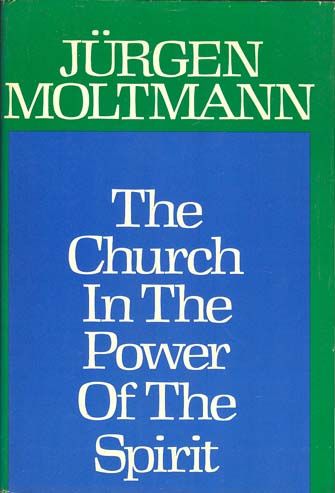 For a long time this now classic exposition of messianic eschatology has influenced me; at the same time I keep wanting to understand it better!
For a long time this now classic exposition of messianic eschatology has influenced me; at the same time I keep wanting to understand it better! 
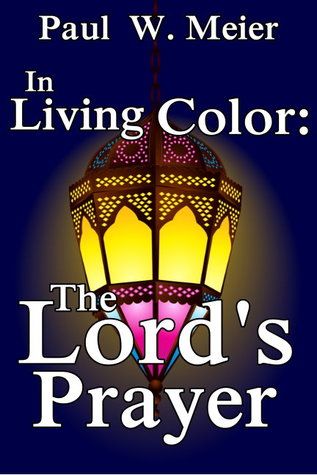 When I received this book from Pastor Meier, partly in gratitude for my splendid (yes!) review of his
When I received this book from Pastor Meier, partly in gratitude for my splendid (yes!) review of his 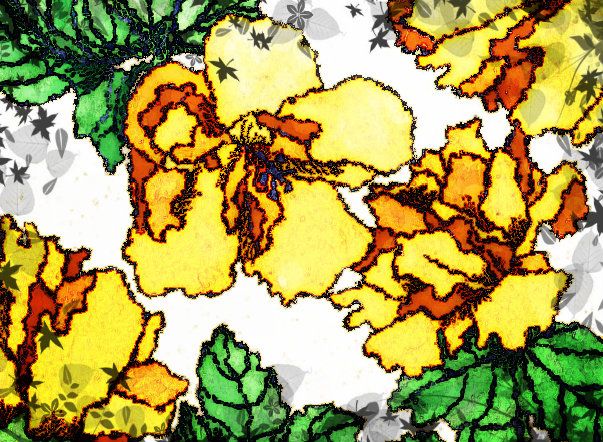 2. What day of the week describes how you feel about yourself and why?
2. What day of the week describes how you feel about yourself and why?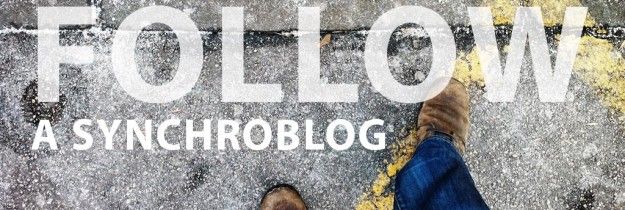
 During the month of July I celebrated ten years of blogging, but this anniversary post begins with the previous summer, 03 July 2001, when I bought a pineapple and drew this picture of it. Pineapples are an historic symbol of hospitality, the type of welcome the people of God are supposed to offer. Very early September 2000 I'd returned to Paradise; I still was in adventure mode and unsure whether or not a possible job on the east coast would materialize for September.
During the month of July I celebrated ten years of blogging, but this anniversary post begins with the previous summer, 03 July 2001, when I bought a pineapple and drew this picture of it. Pineapples are an historic symbol of hospitality, the type of welcome the people of God are supposed to offer. Very early September 2000 I'd returned to Paradise; I still was in adventure mode and unsure whether or not a possible job on the east coast would materialize for September.
 The Pauline and later the deutero-Pauline expectation was that the solitary, isolated, individual would become part of the gathered body of Christ and assume one of many differentiated roles and positions appropriate to their gifts and experience; the movement is not from solitary, isolated, individual to becoming part of an undifferentiated blob. A member of a committee I serve on expressed surprise that "among the homeless" social structure with roles, expectations, and positions naturally (and organically) happens. Of course! It's a lively and life-giving process and occurs without planning.
The Pauline and later the deutero-Pauline expectation was that the solitary, isolated, individual would become part of the gathered body of Christ and assume one of many differentiated roles and positions appropriate to their gifts and experience; the movement is not from solitary, isolated, individual to becoming part of an undifferentiated blob. A member of a committee I serve on expressed surprise that "among the homeless" social structure with roles, expectations, and positions naturally (and organically) happens. Of course! It's a lively and life-giving process and occurs without planning.
